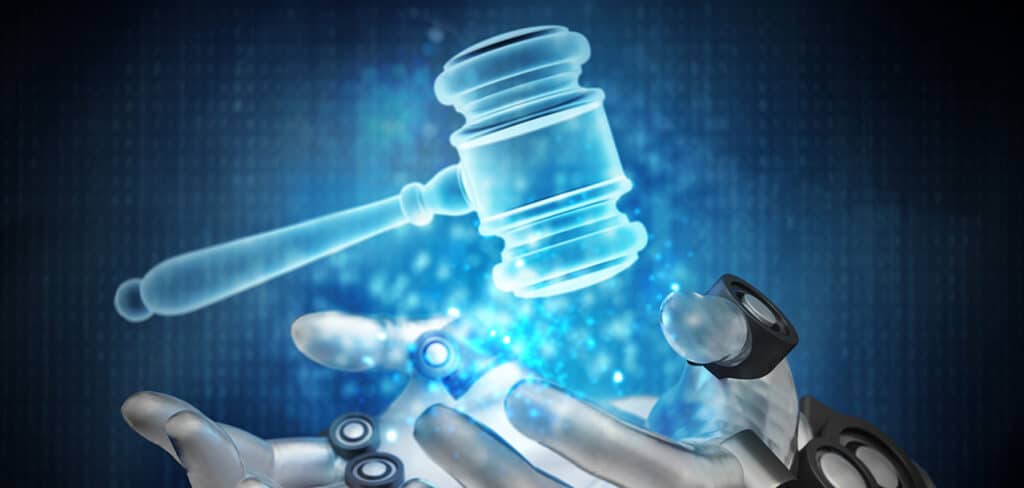New York City’s Bold Step on AI in Hiring – Will Other Countries Follow?

Introduction
As the world continues to evolve, so does the way we use technology to improve our lives and workplaces. New York City recently adopted final regulations on the use of AI in hiring and promotion processes marking a significant step in addressing potential biases and ethical concerns surrounding the use of AI in the workplace. The question now is, will other countries follow suit and implement similar regulations?
As AI increasingly moves from automating drudge work to playing a more prominent role in decision-making, it’s vital that we understand the implications and potential risks. The good news is that some countries have already started to take action in this area.
Global progress on regulations
The European Union, for instance, unveiled its proposed AI regulations in April 2021. While these regulations are still in the proposal stage, they represent a comprehensive approach to governing AI use across various sectors, including hiring and promotions. The EU’s proposed rules are designed to ensure that AI systems are transparent, accountable, and respect fundamental rights.
Japan, another key player in AI development, established the AI Technology Strategy Council in 2016. The Council has since released a series of strategic guidelines that consider the ethical, legal, and social issues surrounding AI use. While these guidelines are not legally binding, they provide a framework for companies and the Japanese government to consider as they develop AI systems and technologies.
Ethical challenges
In contrast, countries like China and Russia have prioritised developing and deploying AI for economic and strategic gains, with less emphasis on ethical considerations. However, as AI becomes more integrated into hiring and promotion processes globally, it’s likely that these countries will also have to address the ethical challenges presented by AI.
So, what are the chances of the NYC regulations being successful? It largely depends on how well they are enforced and how willing companies are to adapt their practices. One of the keys to success will be educating employers about the benefits of ethical AI use and the potential risks of non-compliance.
Biases and discrimination
The impact of AI in hiring and promotion goes far beyond automating menial tasks. By leveraging AI’s ability to analyse vast amounts of data, we can make better, more informed decisions in these areas. However, this also raises the risk of perpetuating biases and discrimination.
As we’ve seen in recent years, AI algorithms can sometimes unintentionally reinforce existing biases due to the data they’re trained on. By implementing regulations like those in NYC, we can help ensure that AI is used responsibly and that it truly serves to benefit all members of society.
The key takeaway is that while the use of AI in hiring and promotion can be hugely beneficial, it’s essential to have regulations in place to ensure ethical practices. As New York City has taken this bold step, we’ll see more countries and cities follow in their footsteps.
Conclusion
In conclusion, the adoption of AI regulations in New York City is a significant move towards ensuring the responsible and ethical use of AI in hiring and promotion processes. As AI continues to play an increasingly important role in our lives, it’s crucial that governments and businesses alike prioritise transparency, accountability, and the protection of fundamental rights. By doing so, we can harness the power of AI to create a fairer, more inclusive society – and that’s something worth celebrating.
So, will other countries follow New York City’s lead? I believe they will, and it’s only a matter of time before AI regulations become a global norm. Let’s keep the conversation going, stay informed, and make the best decisions.